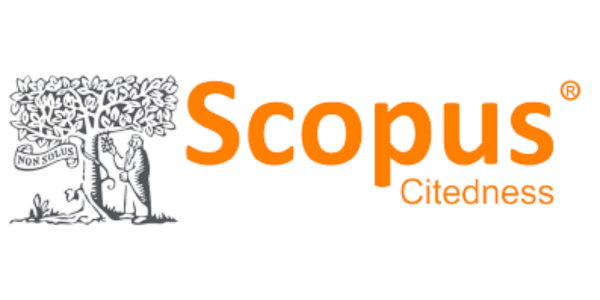KEPEMIMPINAN PENENTU KEBERHASILAN PENDIDIKAN: PERAN KEPALA INSTITUSI SELAMA PANDEMI COVID-19
DOI:
https://doi.org/10.21274/dinamika.2021.21.01.203-219Keywords:
leadership, Education, COVID-19Abstract
The study aims to examine more deeply the leadership of the head of the institution in education to deal with the COVID-19 pandemic situation. Educational institution leadership plays an important role in creating an enabling environment for teachers, students and their families to continue to connect and learn during the COVID pandemic, both at school and at home. This research is a qualitative one using a phenomenological approach. Phenomenology is a qualitative research approach that focuses on the similarity of life experiences in certain groups. The results of the study show that the learning model developed by the institution's leadership is an effort to carry out learning that leads to adapting conditions and carrying out education according to needs. The existence of a pandemic is not an easy type of problem and must be handled properly and requires relevant data. The mobilization of resources carried out by institutional leaders in education has proven to be very important to ensure quality education for all people during the Covid-19 recovery period and beyond.









